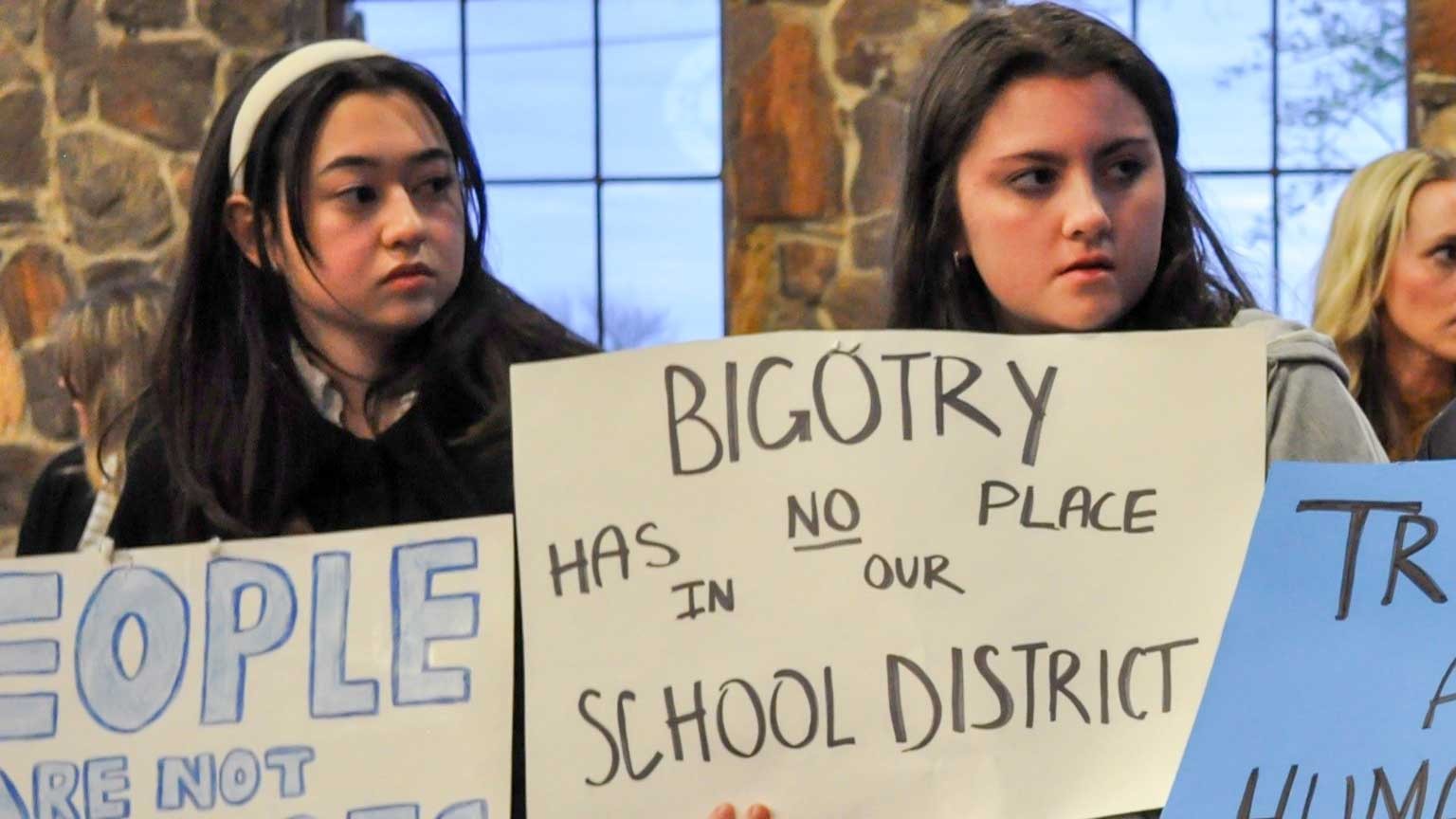Book bans and the culture war
The result is a growing book-banning movement spanning 138 school districts and 32 states, with Texas banning the most books, according to the literary-rights organization PEN America. Last year alone, 2,571 titles were the target of successful and attempted bans. In 2015, according to the American Library Association (ALA), the number was 190.
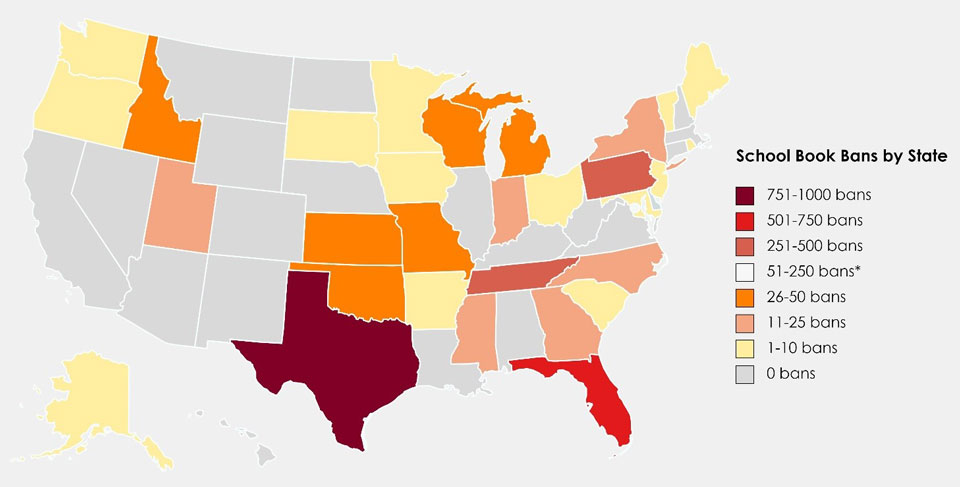
In Keller, these bans have drawn support and condemnation from students, parents, and teachers inflamed by the clash of social values known as the "culture war."
Supporters of the removals say the books are targeted only for their sexual content, describing some of the titles as pornography. Their concern is that exposure to explicit passages sexualizes children, adding that other titles could communicate similar literary value without the mature content. Others say some books are radical because they compromise traditional American values.
"The intent [behind having these books in the school library] is to expose kids to all of these themes when it comes to sexual content and to try to normalize them," said Denise Linn, a Keller resident who supports library reform.
Linn refuted the notion that books are being banned, saying any withdrawn material is still accessible in the community library or for purchase. She says her intention is to protect students from harmful content. "Because, implicitly, it tells the kids that this is acceptable behavior. I mean, if the school approved it, now the kids see it as, you know, an acceptable possible lifestyle. And I don't think that's a good lesson."
Critics argue that the bans are outright censorship and a violation of the First Amendment because the books are largely voluntary reading for older students, provide representation for students from minority communities, and confront profound social issues.
Additionally, parents and library workers highlight a need for high school students to grapple with mature themes and diverse perspectives as they enter adulthood.
One frequently banned book is The Bluest Eye by Nobel Prize winner Toni Morrison, which tells the story of a Black girl who grapples with racism and the shame of not fitting white beauty standards. The novel is widely considered an American classic for its account of African American experiences in the era following the Great Depression. School boards across the country have banned it for depictions of sexual abuse.
However, critics say the books removed for sexual content often include important minority representation. Forty-one percent of the works depict LGBTQ themes, 40 percent include people of color, and 22 percent contain sexual content, according to PEN America. In a school district close to Keller, these bans sparked local outrage and, following discrimination complaints to the American Civil Liberties Union, a federal investigation by the Biden administration.
Laney Hawes, a mother of four children who attend the Keller Independent School District (KISD), opposes the school board's decision to ban certain titles.
"I want to be able to decide for my children what they can read, and I want another parent to decide for their own children," she said. "But I don't want other parents deciding what my children have access to."
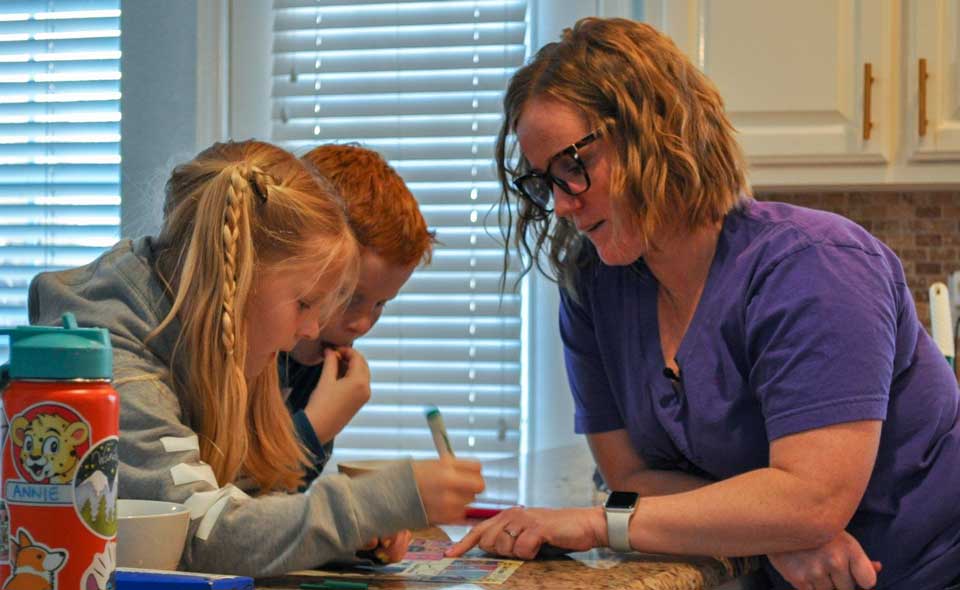
Hawes has been vocal at KISD school board meetings, often coordinating remarks with other parents, community members, and students.
"I am sick and tired of a small handful of extremists in this community making decisions for my children," she told the school board in January.
"The golden rule of librarianship"
The clash over the school library also has consequences for its curators. Deborah Caldwell-Stone, the director of the Office for Intellectual Freedom for the ALA, says librarians are increasingly being threatened and harassed over controversial books and themes.
"The golden rule of librarianship [is] that every book has its reader, and it's the role of a library professional to make that match," she said.
Caldwell-Stone spoke with NHK at one of the ALA's national conferences, where book banning was a recurring topic. Librarians from across the country shared stories of being targeted by coordinated harassment campaigns — and even death threats.
"They've come under threat for simply doing their jobs and for simply putting a book in their hands that they draw on their education and experience that they believe will help that child either develop literacy skills or cope with the situation in their lives," she said. "We're going to lose lots of talented, dedicated people from the professions of education and librarianship. It's just shameless and despicable."
Caldwell-Stone cited political campaigns and organizations as the "impetus" for polarization and librarian intimidation by bad actors.
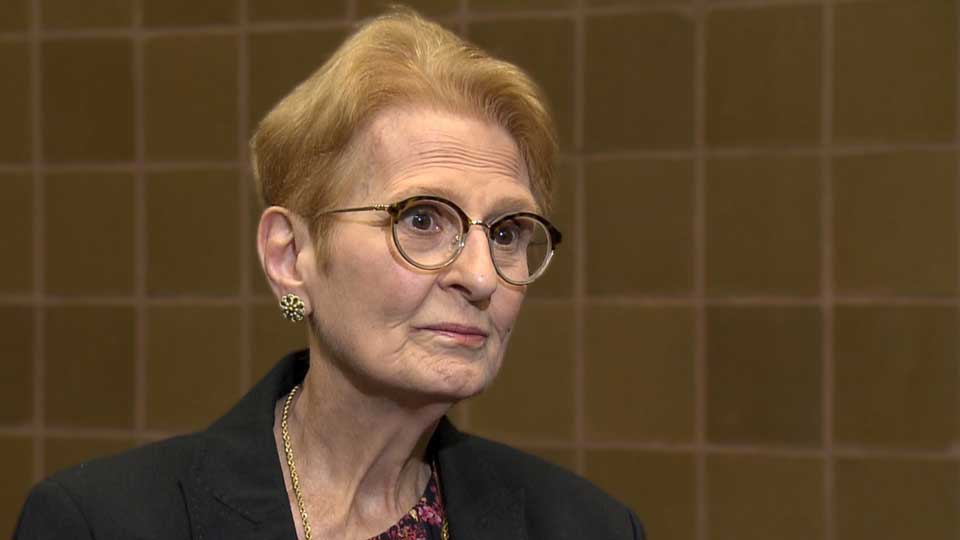
"Our political culture doesn't involve and promote a lot of attention to, or involvement in, local political institutions like school boards and library boards, which makes it ripe for exploitation by those who have the political will to organize."
Political actors weigh in on school board
American school boards are comprised of elected members who determine budgets and curricula, including educational materials such as library books. For individual towns and cities, the boards are the ultimate deciders of education policy.
In Keller, the majority-conservative board was elected in 2022 with the support of multiple political action committees (PACs). Patriot Mobile, a self-described conservative, Christian cellphone provider, contributed over half a million dollars to candidates throughout northern Texas. Patriot Mobile Action, the company's PAC, saw all 11 of its endorsed candidates win in 2022 — the PAC's debut year.
The tensions over American schooling have transformed the elections — once perfunctory and nonpartisan races — into political spectacles.
PAC contributions are largely independent expenditures, which means the money doesn't directly go to campaigns, so it's not officially reported. The funds are typically spent on flyers, rallies, canvassing, and ads. However, 75 percent of school board campaigns spend less than $1,000, according to a 2018 survey. Given the modest price tags attached to these campaigns, PAC money can have an outsized impact on local elections.
Patriot Mobile Action Executive Director Leigh Wambsganss, a 34-year veteran of conservative organizing, says education is becoming laden with political agendas. She cites curricula that include racial and gender issues and library books that contain sexually explicit content. And she recognizes the impact of the PAC's victories.
"What that means ultimately is over 100,000 North Texas students now have a conservative majority on their school board," she told NHK. "America is broken. America's school system is broken. And if we're going to save America, we've got to save the schools, and we're starting right here in Texas."
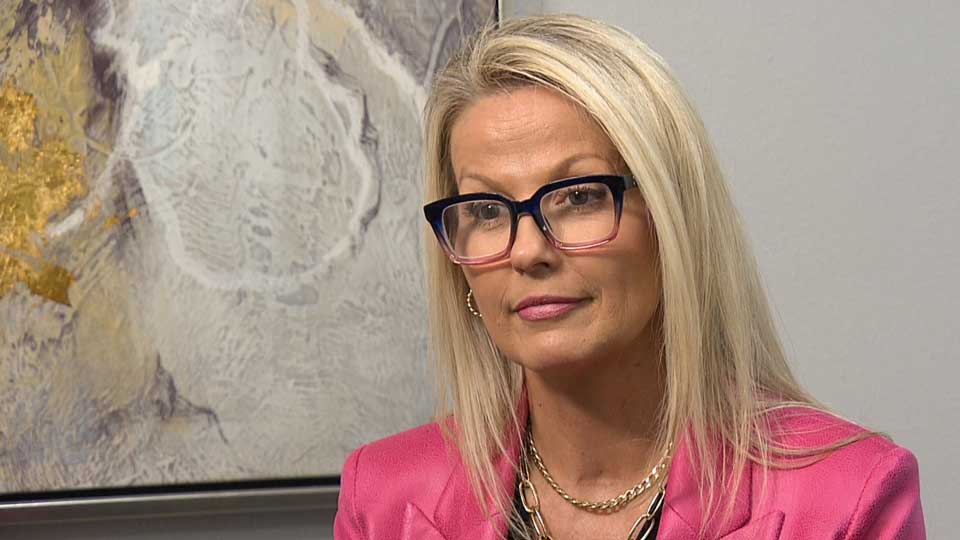
All three of the recently elected members of the Keller school board, as well as its chairman, either declined to speak with NHK or never responded to a request for comment.
Once the school board won its majority, members immediately implemented new policies that included banning books. This has not been well received by some students in the district.
"We're being affected by this, but they're not really thinking of us as the people that they're responsible for," one 12th grade student in Keller told NHK. "It's just another way to move their political agenda around."
COVID-19's role and growing division
Another major driver of controversy has been COVID-19.
More than half of U.S. high school principals said that "political conflict" during the 2021–2022 school year was greater than before the pandemic, according to a University of California, Los Angeles study. Remote learning, mask mandates, and vaccination requirements mobilized many parents and community members to join the debate on education. Those same debates turned into disputes over social values in schools.
One example of the pivot from COVID-19 to politics is Moms for Liberty.
The "parental rights" group began as a grassroots organization opposing COVID-19 mandates in Florida. Since then, it has expanded its scope to include withdrawing books and reforming curricula. Moms for Liberty has grown to 260 chapters across 44 states with 115,000 members. In 2022, it endorsed 500 school board candidates.
The group even gained significant support from Ron DeSantis, the Republican governor of Florida and presumed 2024 presidential candidate, who co-endorsed more than two dozen school board candidates. DeSantis has drawn national attention over his policies advocating book bans.
Even President Joe Biden weighed in on the issue, denouncing efforts to impose restrictions on libraries. "Today, there are too many politicians trying to score political points, trying to ban books, even math books," he said in an address to teachers from across the country.
The result of this fight over books, school boards, and social values is an unprecedented public divide. A 2022 Gallup poll reported the largest gap of confidence in public education between Democrats and Republicans in 50 years, with Republicans having the lowest confidence ever recorded.
It's uncertain how this growing division will be bridged, or whether it will only grow as American society continues to grapple with its own changing demographics and identity. However, one development is clear: education in the US is a matter of increasing political gravity.
Back in Keller, Hawes sits at her kitchen table waiting for her two youngest children to come home. She says she doesn't want America's polarization over politics to be dragged into her children's classrooms, but that's exactly what's happening.
"My hope is that, as it's peaking in the craziness, that the community will see it and they'll say, 'Listen, it's one thing for us to battle this out in politics, but not in our schools.'"
